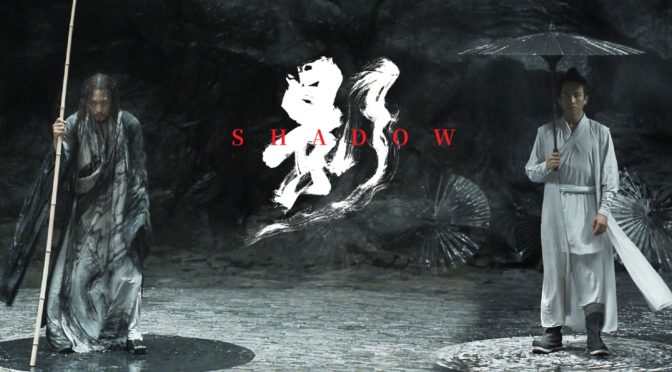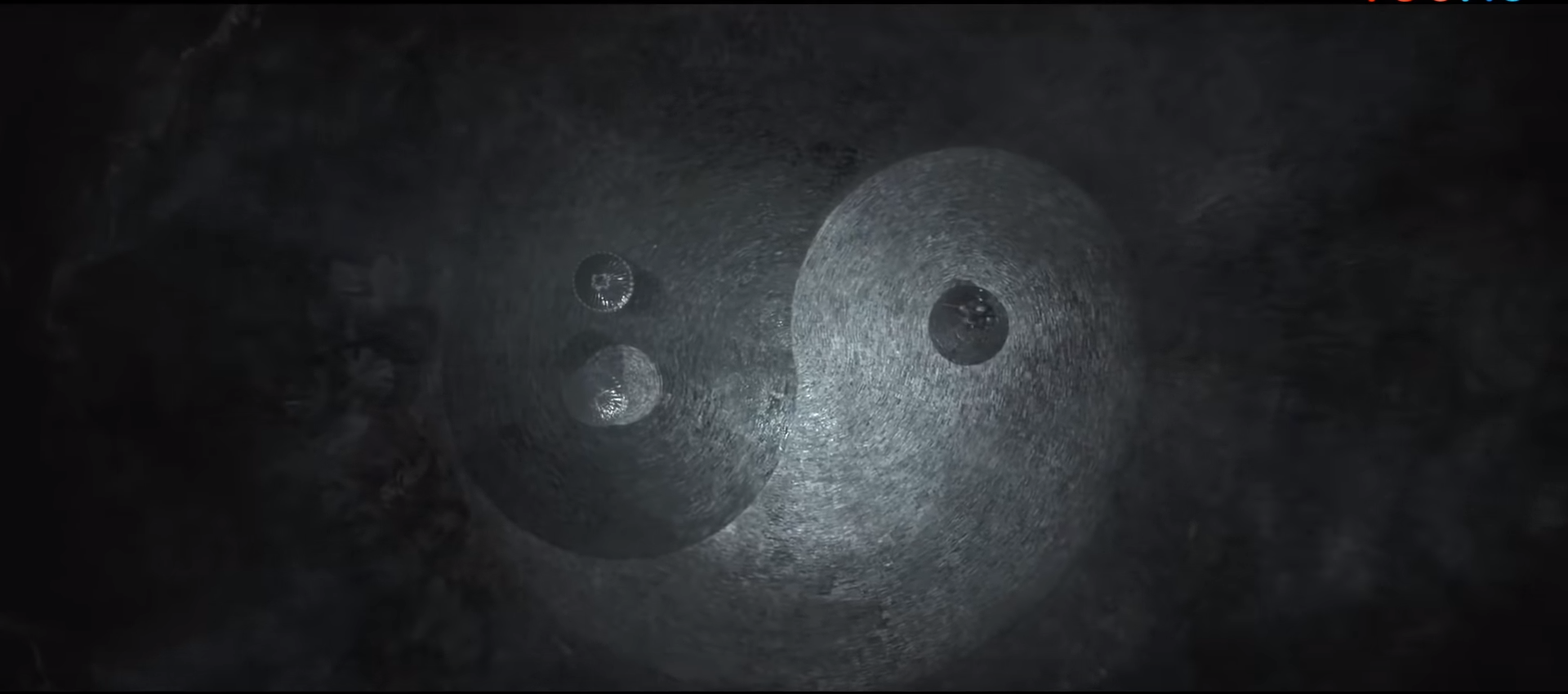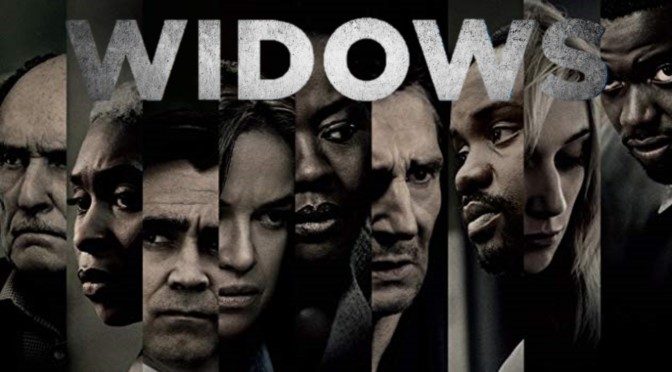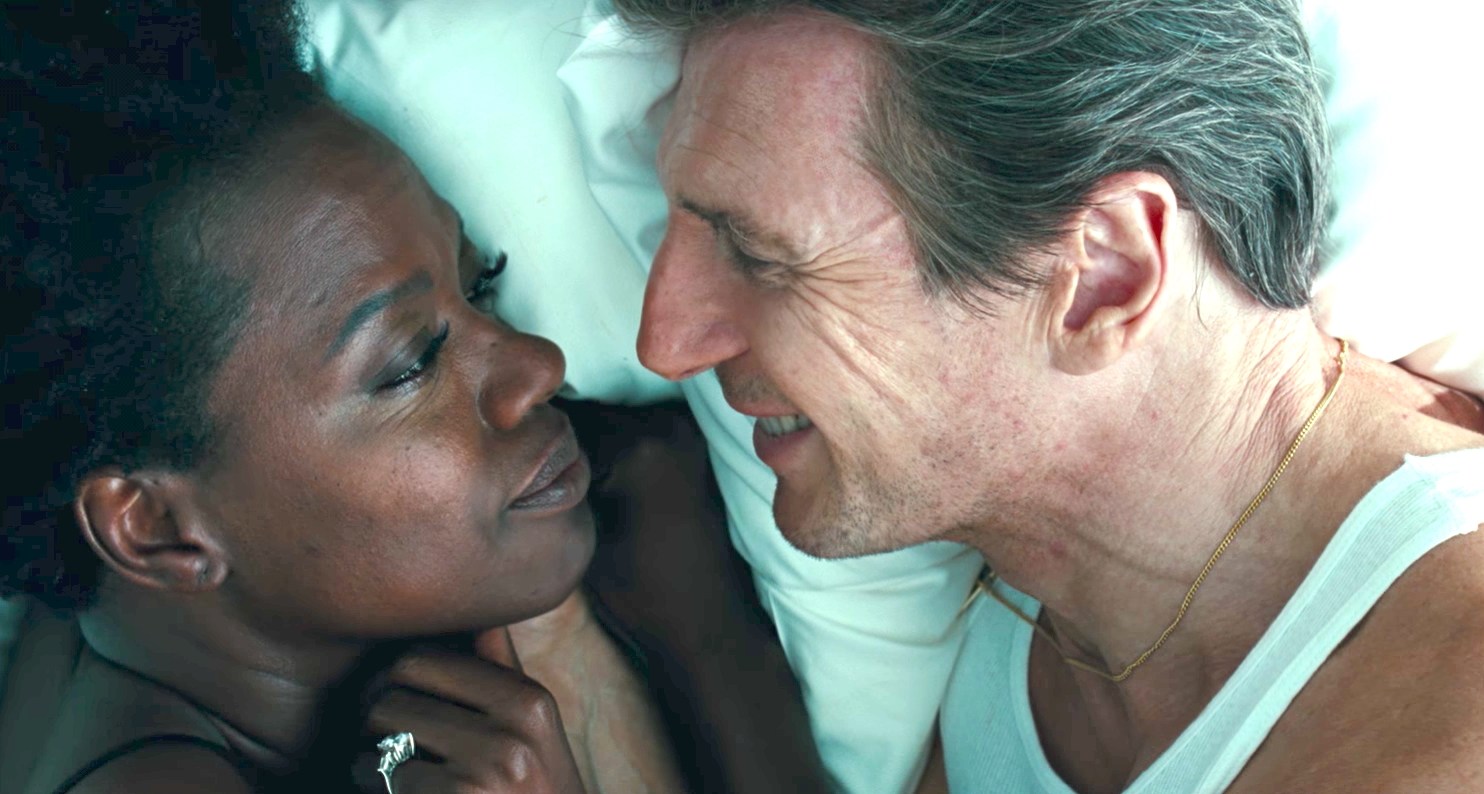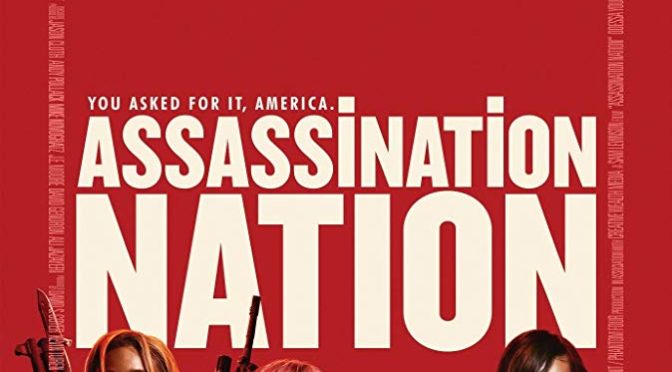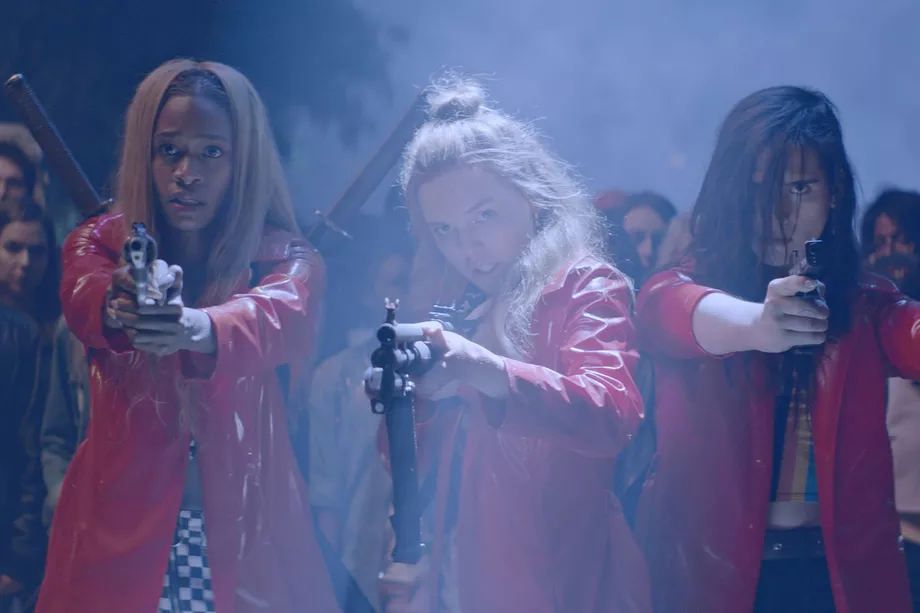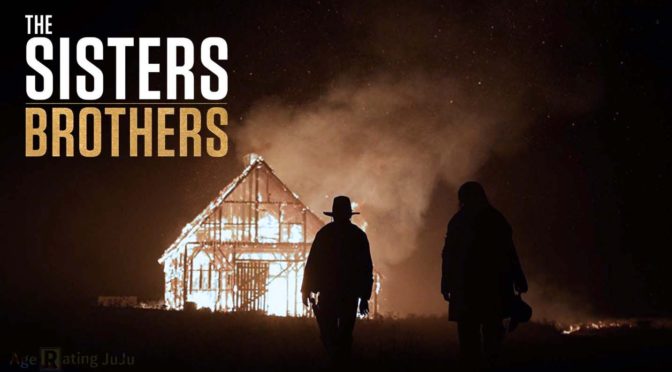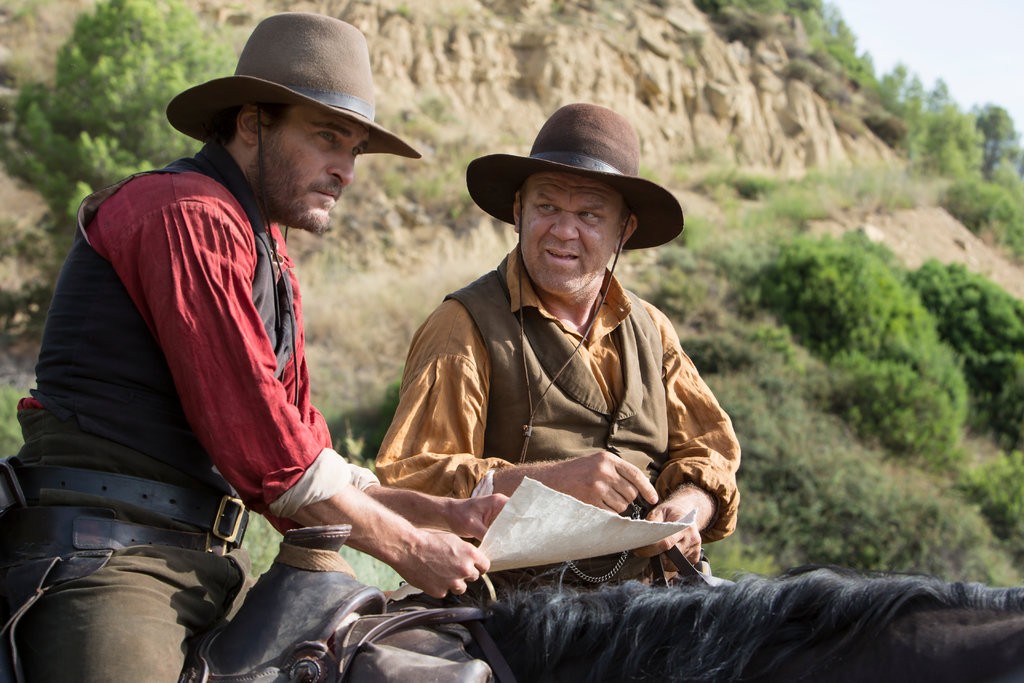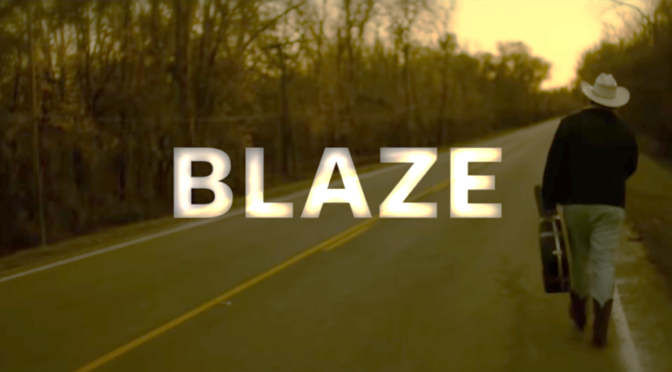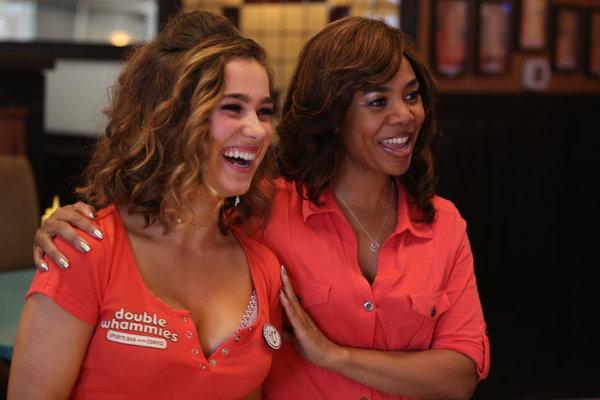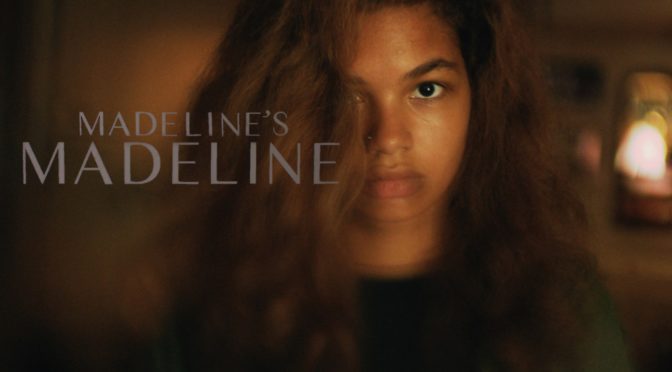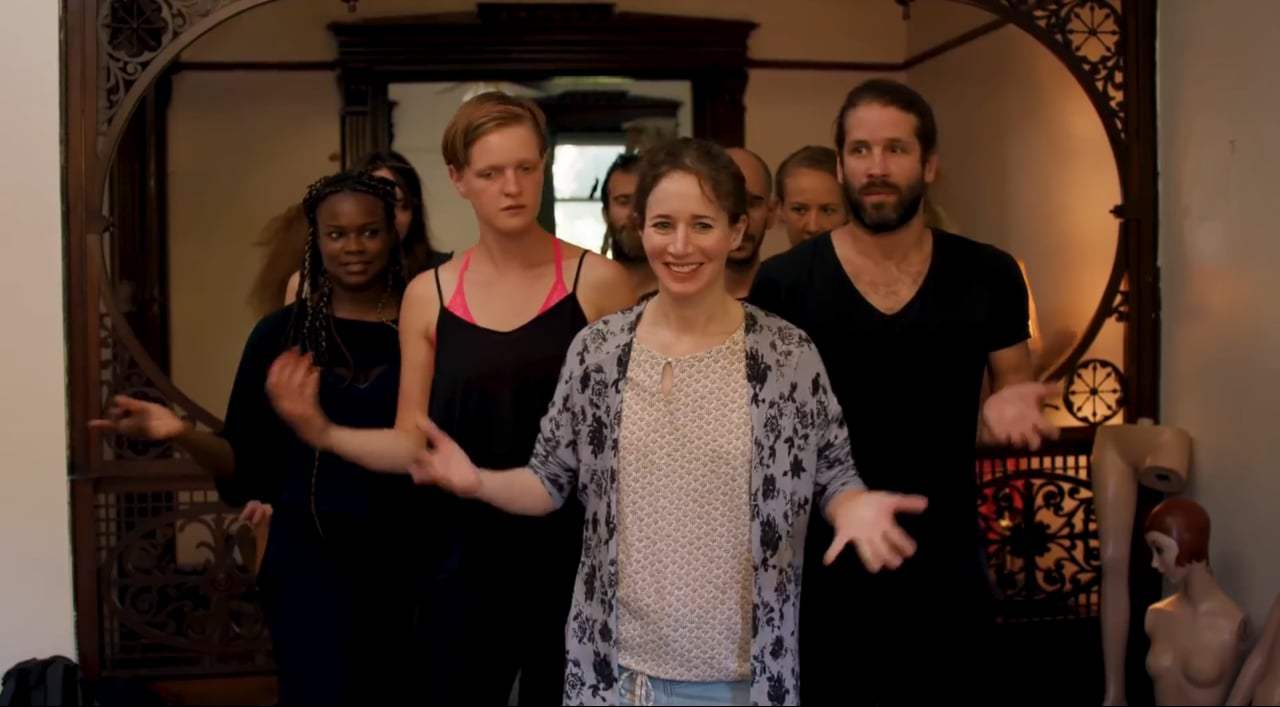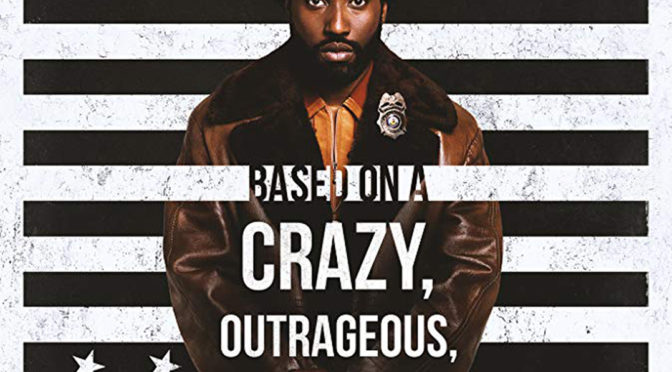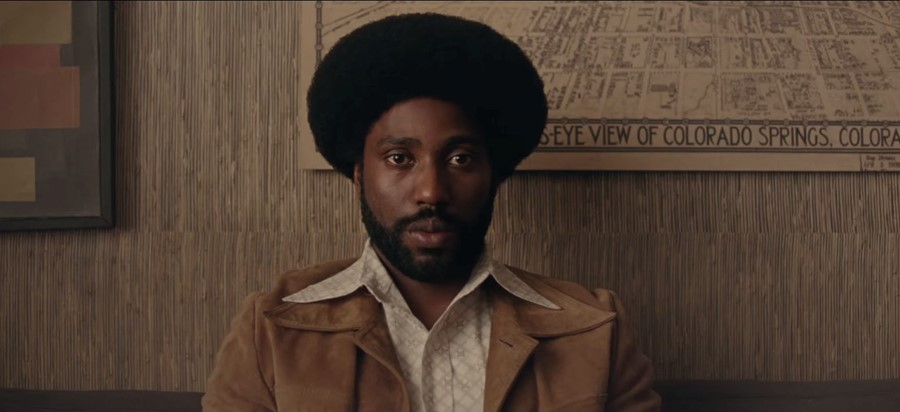When a horror movie makes its opening credits scary, you know you’re in for a treat. Coming from a student’s thesis in Germany, the film follows Luz (Luana Velis), a cab driver who takes herself to a police station following a car accident. Luz is uncooperative during questioning and keeps repeating obscene distortions of traditional prayers. In an attempt to find out what happened during the accident and where her missing passenger might be, the police staff enlist a psychiatrist named Dr. Rossini (Jan Bluthardt) to put her in a trance and re-enact the events leading up to the crash.
But this isn’t a police procedural, this is a possession movie. Before the reenactment, the psychiatrist is drinking at a bar when a strange woman approaches him. She convinces him to go the bathroom with her and an “exchange” happens. Something passes from her to him and he conducts the hypnosis as if under some kind of mind control himself as the unknown force tries to get closer to Luz.
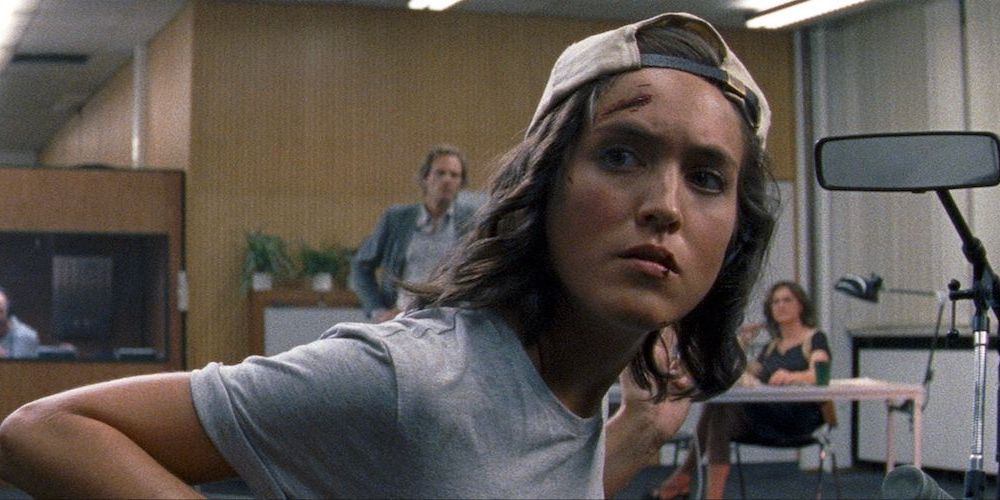
Somehow, director Tilman Singer makes a woman sitting on a chair involving. It should be silly watching a adult pretend to drive a car in the middle of a police station, but Velis sells every second. She doesn’t overact, but rather delivers a performance indistinguishable from how she would have behaved in an actual cab. Singer also makes perfect use of filming conventions related to vehicles. He frames his images in the exact way car scenes are typically shot, subconsciously creating the feeling of Luz being in an actual cab. The limited, mundane location does still hurt the film, but the complete commitment combined with Singer’s staging make the entire inquiry equal parts mysterious and tense.
Visually, Singer pulls from films of the 70s and 80s. The film is shot on 16mm so there is significant grain to the images, but also the hazier look of lower budget films from the period. The film deliberately lacks definition making it feel less like a throwback and more like a restoration. Singer relies on this haziness to further enforce the mystery. Fog is often present, despite being indoors, and there is an unshakeable feeling that we don’t have a clear picture, both literally and figuratively, of everything at stake.
Luz will likely never get attention from the Academy, but it deserves recognition for its incredible sound design. This is a film that demands to be seen with the best audio system possible. Surround sound is a must. Singer crafts an uneasy soundscape with low rumbling and a score that varies from echoing clanks to electronica to piercing violins. He makes some daring moves during the hypnosis by holding on a completely black screen as Luz shuts her eyes and Dr. Rossini whispers to her. The sound mix has his voice traveling around the speakers, as if circling the audience, giving the full feeling of his frightening presence. As the film reaches its climactic moments, the abrasive, unnerving sounds never recede creating unease in the audience. It’s a satisfyingly oppressive effect that, along with Singers sharp direction, elevates Luz to a possession movie with anxiety-inducing mystery.

4/5 stars.

